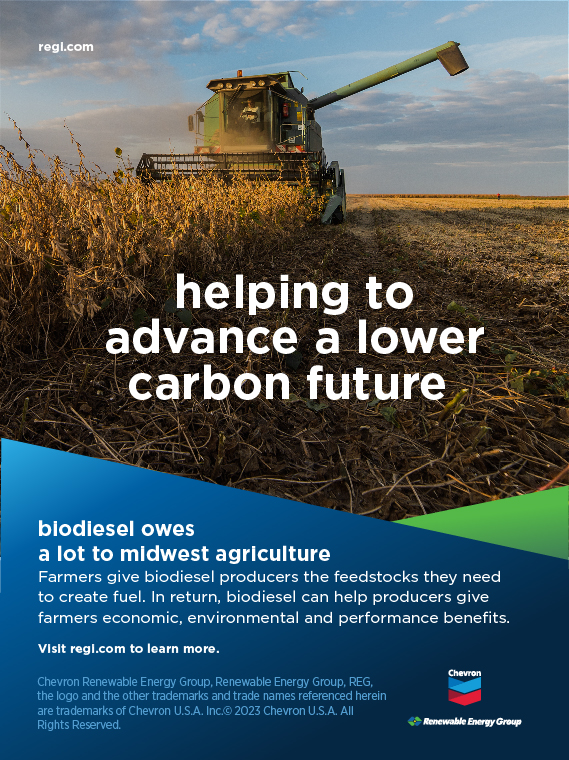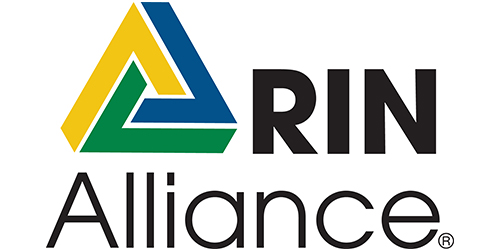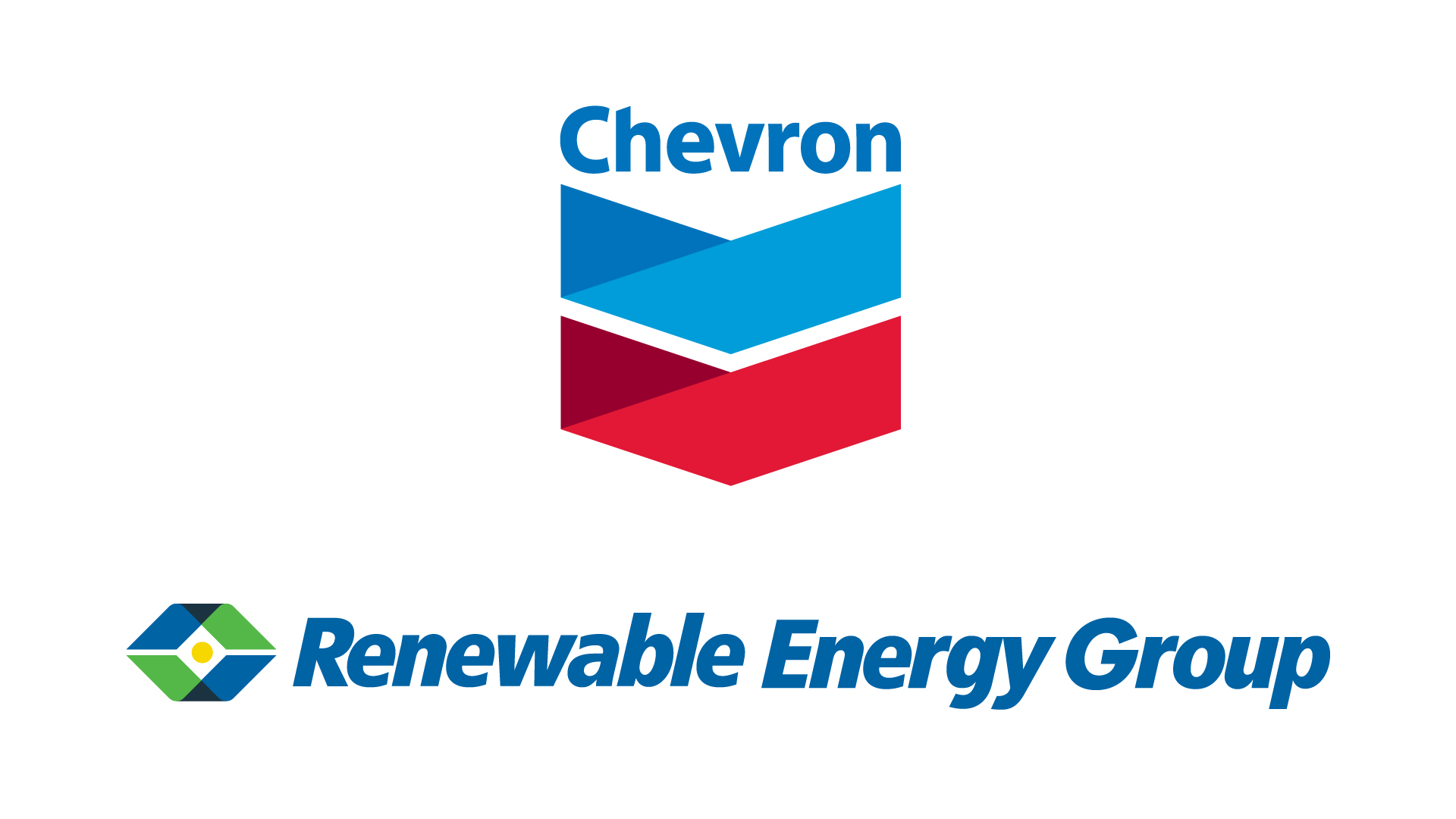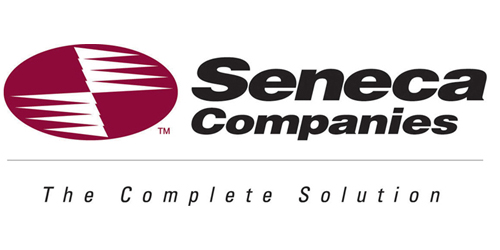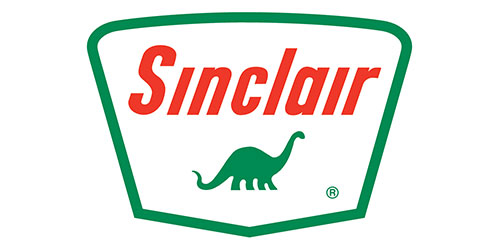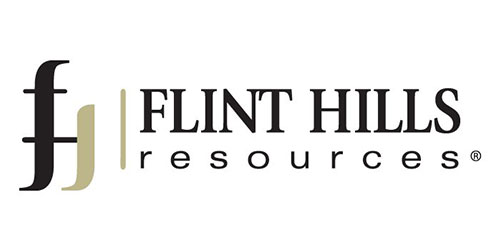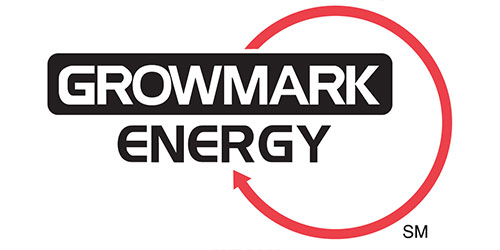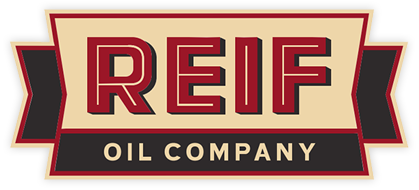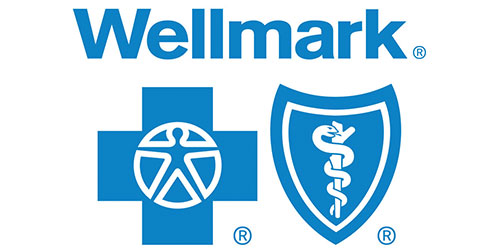
EMA Participates at the National Ethanol Conference
March 1, 2022 | 
From EMA:
This week, EMA’s Motor Fuels Committee Chair Glenn Hasken, chief operating officer and vice president of Molo Companies, represented EMA during a retailer’s roundtable on the future of liquid fuels at the National Ethanol Conference in New Orleans, Louisiana. Participating alongside with Mr. Hasken included Eric Fobes, Head Trader, Ethanol, Pilot Company, SIGMA, NATSO, and Doug Kantor, General Counsel, NACS. Hasken reiterated EMA’s concerns with UST system compatibility with E15 and the need for adequate grant funding to help small business retailers install compatible equipment to compete in the marketplace. Glenn highlighted EPA’s own E15 compatibility statement which confirmed that most existing and even newer UST systems are not fully compatible with E15. “Small business retailers cannot bear these UST upgrade costs alone, and I call on the ethanol industry to help us financially to sell higher ethanol blends,” said Mr. Hasken. Meanwhile, it was reported at the NEC that EPA intends to propose post-2022 renewable volume obligations (RVOs) covering multiple years later this Spring. Under current law, EPA will determine annual RFS blending volumes on its own post 2022. “While the EPA will have discretion setting future blending volumes, the agency said it will remain faithful to the original intent set by Congress that the RFS must continue to drive growth in renewable fuel use well beyond 2023,” according to Sarah Dunham, director of EPA’s Office of Transportation and Air Quality. Dunham also indicated that expanding the use of advanced biofuels with newer internal combustion engines (ICEVs) will help reduce emissions. Unlike California’s low carbon fuel standard that takes carbon intensity of a fuel into account, the RFS is required by The Clean Air Act to set standards based on volumes. The Clean Air Act requires EPA to analyze multiple factors when setting annual blending volumes including climate change, air and water quality, job creation and the supply of agricultural commodities, Dunham said. Finally, the EPA plans to finalize 2021 and 2022 RFS blending volumes by June 3, 2022 under a legal settlement with ethanol proponents.


